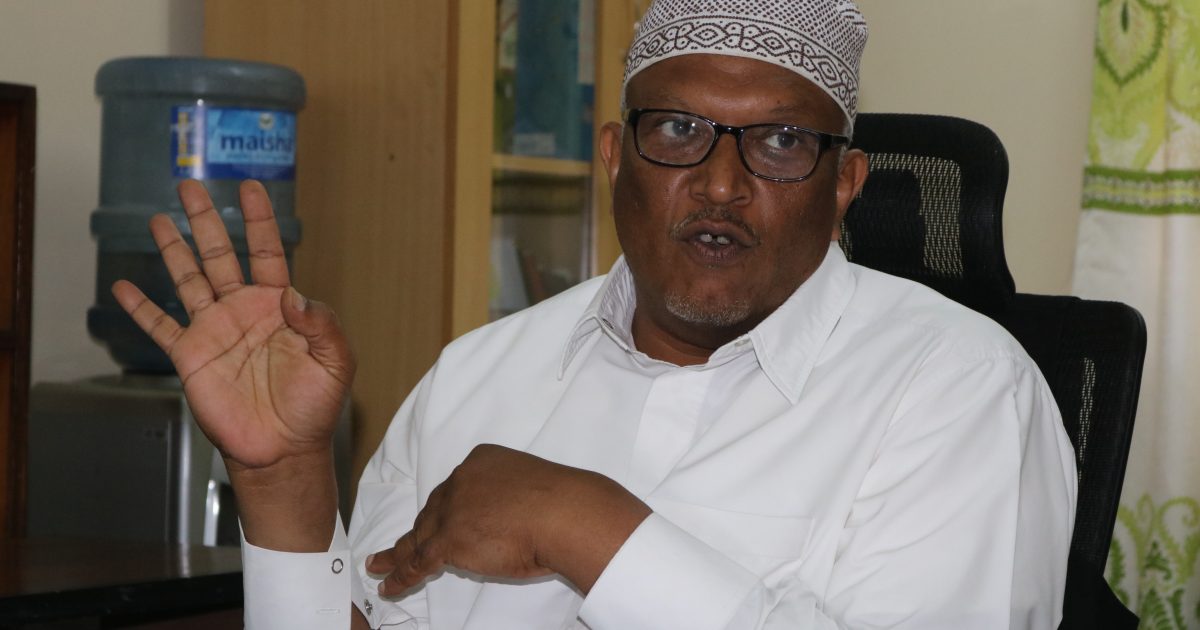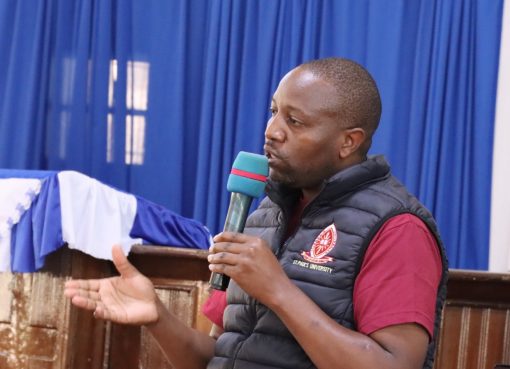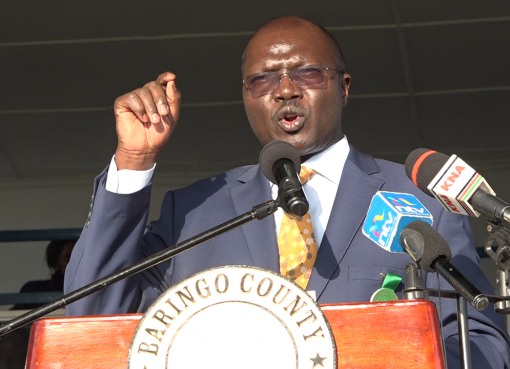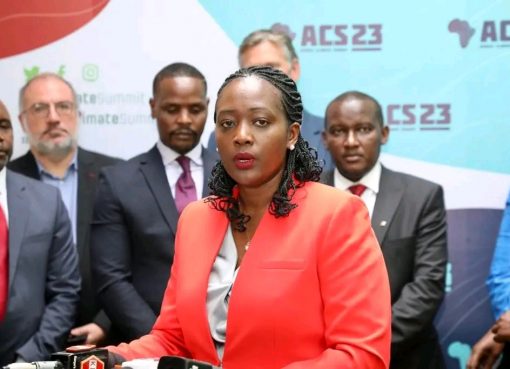Muslim community will for the second year observe the Holy Month of Ramadhan under the restrictions of Covid-19 protocols.
This year the holy month in which Muslims across the globe fast and reflect begins on Tuesday or Wednesday this week depending on the sighting of the moon.
Ramadhan is a month of prayers during which Muslims traditionally converge in large numbers at mosques, especially during taraweeh (special night prayers).
During the annual festive season, Muslims will forgo food, water and sexual relations from dawn to dusk.
Ramadhan is the ninth month in the Islamic calendar and it is time when Muslims around the globe focus on prayer, fasting, giving charity and religious devotion.
Fasting is compulsory upon every Muslim male or female but exemptions include children under the age of puberty, insane people, men and women who are too old to undertake the obligation of fast.
Others include sick people whose health is likely to be severely affected by the observance of fast, pregnant women and women breast-feeding their children and women in the period of menstruation.
While extending his best wishes to Muslims, Chief Kadhi Sheikh Ahmed Muhdhar, urged them to strictly observe the Covid-19 protocols as outlined by the Ministry of Health.
Sheikh Muhdhar urged Muslims to abide by the set health regulations such as personal hygiene, hand washing, wearing facemasks and social distancing to curb further spread of the virus.
“It is imperative for Muslims to accept the current situation and adapt to the changing realities occasioned by the Covid-19 pandemic,” said the Chief Kadhi.
He said besides the health protocols, including avoiding large crowds to prevent further spread of coronavirus, Muslim faithful also must conduct their night prayers outside the curfew hours.
“All mosques must ensure that taraweh (night) prayers do not go beyond curfew hours. And for those counties under lockdown should conduct their prayers at home,” added Sheikh Muhdhar.
He called on the Muslim community to use the Holy Month to pray for the country and continue showing resilience in the face of the global health emergency.
Several mosques in Mombasa County have put in place the required Covid-19 measures to prevent spread of the deadly disease.
“We will make sure all health protocols outlined by the government are fully adhered to,” said Sheikh Othman Naaman of Masjid Luta.
Sheikh Naaman urged Muslims to fully cooperate with mosques management to ensure the safety of all congregants.
Coast Regional Commissioner, John Elungata, sent his best wishes to all Muslims in the region and assured them of adequate security during the entire fasting period.
Elungata also urged members of the Muslim community to strictly observe Covid-19 protocols including the curfew hours.
Story and picture by Mohamed Hassan





